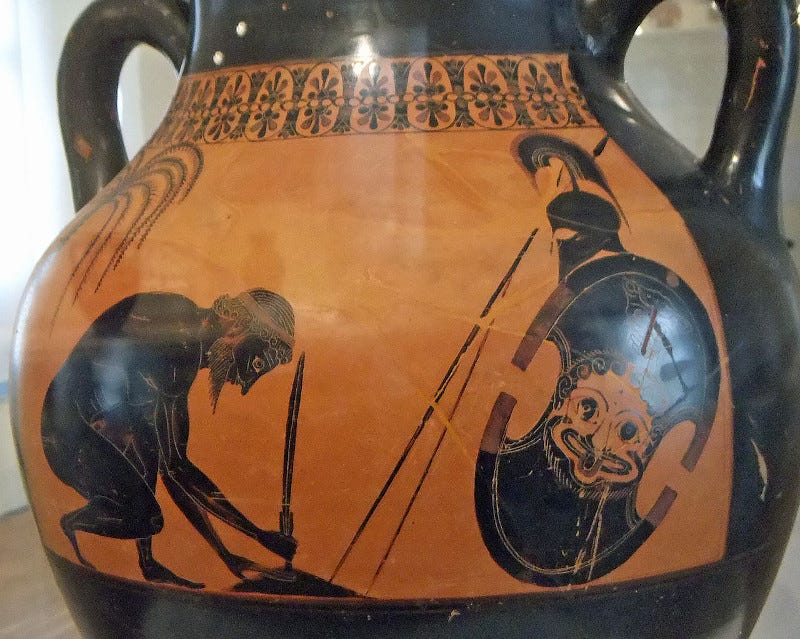The Art of Madness: Mental Illness in Greek Tragedy
Premium Article
This article was originally published on Ancient Origins Premium (June 19, 2024).
The fragility of the human mind has always been subject to fascination. Ancient societies attempted to understand and remedy emotional pain and suffering by looking to the gods, oracles, or through spells and rituals. The Greeks took this perplexity and made it a topic of intense study. Although they continued to incorporate the supernatural, they allowed themselves to theorize, capturing mental health in a way that was influential and revolutionary for its time.
Thus, great poets and tragedians, like Homer, Sophocles, and Euripides were able to create timeless works of art that made even the most deranged experiences relatable and entertaining. Now more than ever, modern scholars are equipped with the tools and opportunity to explore the intricate psyches of these unique characters and their traumas, providing an insightful glance at mental illness in the Greek imagination.
Plights of War: Ajax and Heracles
Ajax was destined for greatness, or so it seemed. During his younger years, he met the infamous Achilles. Together they playfully dueled, practicing the ways of battle, eventually forming a brotherly bond. When war was set to occur along the beaches of Troy, both Ajax and Achilles were to join Agamemnon’s great army against the Trojans. He fought victoriously; his strength and endurance equal to his peer, Achilles. With Athena on their side, all had expected the magnificent hero duo to lead them to victory, though fate had other plans.
Achilles was killed when Paris, son of the Trojan king and cause of the war, shot his only vulnerable spot, his ankle. Overcome by rage and despair, Ajax set out with Agamemnon to collect his remains. Entering the battlefield, Ajax went completely berserk, mutilating anyone in his way. After Achilles was returned to camp, a decision had to be made. Initially, Ajax was promised Achilles’ legendary armor; however, with a quick-witted tongue, Agamemnon snatched it away from him. Not only did he lose his dearest friend, but he now had also been betrayed by those he trusted.





